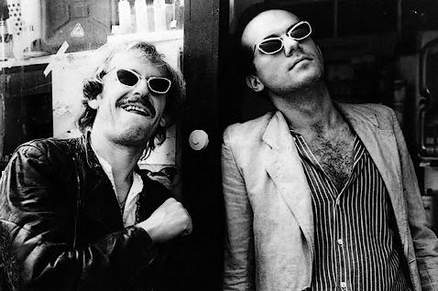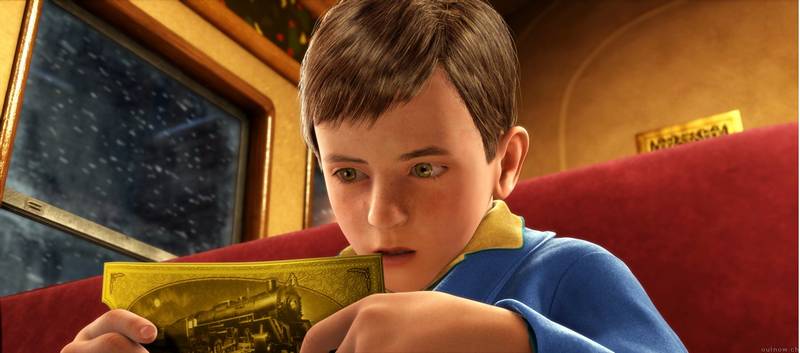Wim Wenders’ “Kings of the Road” is a film of great depth and beauty, and its black and white photography is worthy of comparison with John Ford’s. But it is rarely played commercially, maybe because of its three-hour length.
Three hours, yes, but that’s not a moment too long. Wenders needs the time to pace the developing relationship between his two main characters.
It’s the psychologist in the car and he’s reached the end of his rope. The bug, however, does not sink, and so the psychologist has to wade ashore, somewhat sheepishly. The repairman offers him a lift in his van, and, without really planning it that way, they wind up spending several days together on the road.
They talk very little, for each is private and neither is inquisitive; one of the movie’s strengths is the amount of information it reveals with a lot of dialogue. The repairman’s job takes him from one little town to another along the border between the two Germans, and Wenders establishes a pace that somehow meanders without ever seeming to drag. Gradually the two men arrive at a common truth about themselves, which one expresses to the other during an affecting scene in an old World War II concrete bunker: “I cannot live with a woman, and I cannot live without one.”
This is a year for good, insightful movies about women. “Kings of the Road” is almost entirely about its two male characters. And yet it’s also about women: About the way men consider them, define them, and define themselves by them. There’s one especially good scene in which the repairman has a laison with a girl in one of the towns they pass through, and in its briefness, poignance and futility, it says so much about the difficulties of really communicating.












